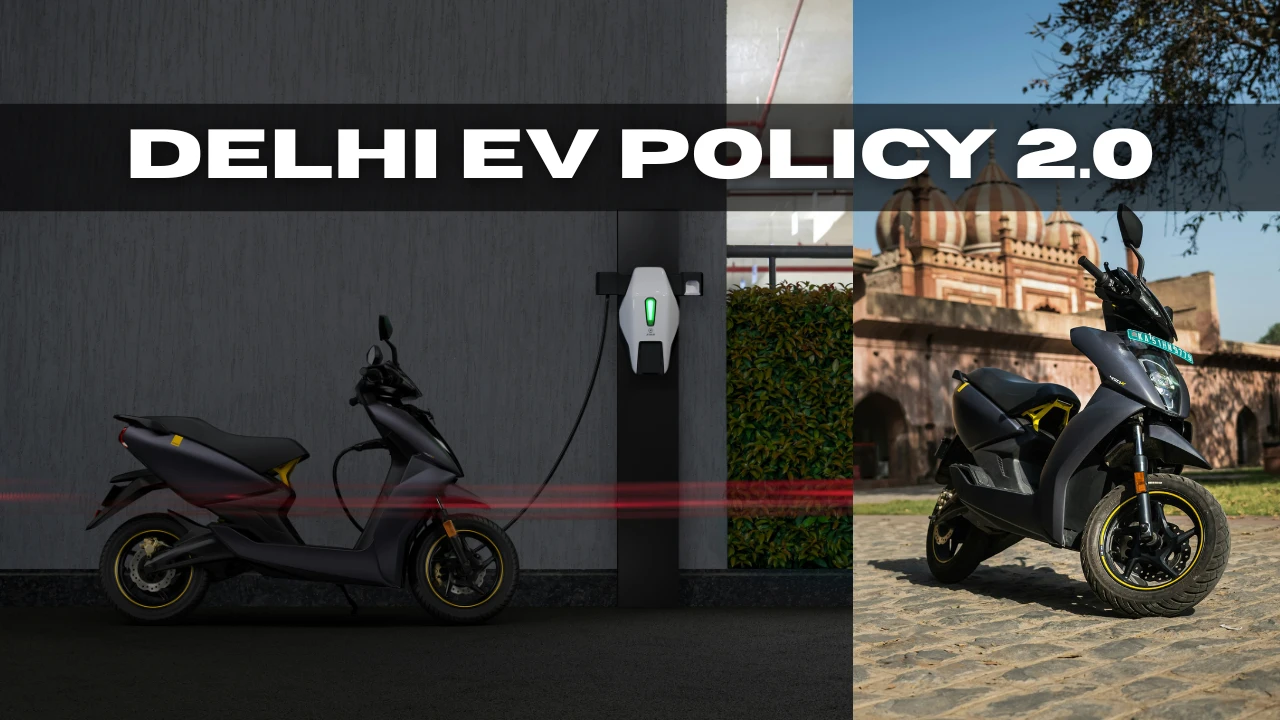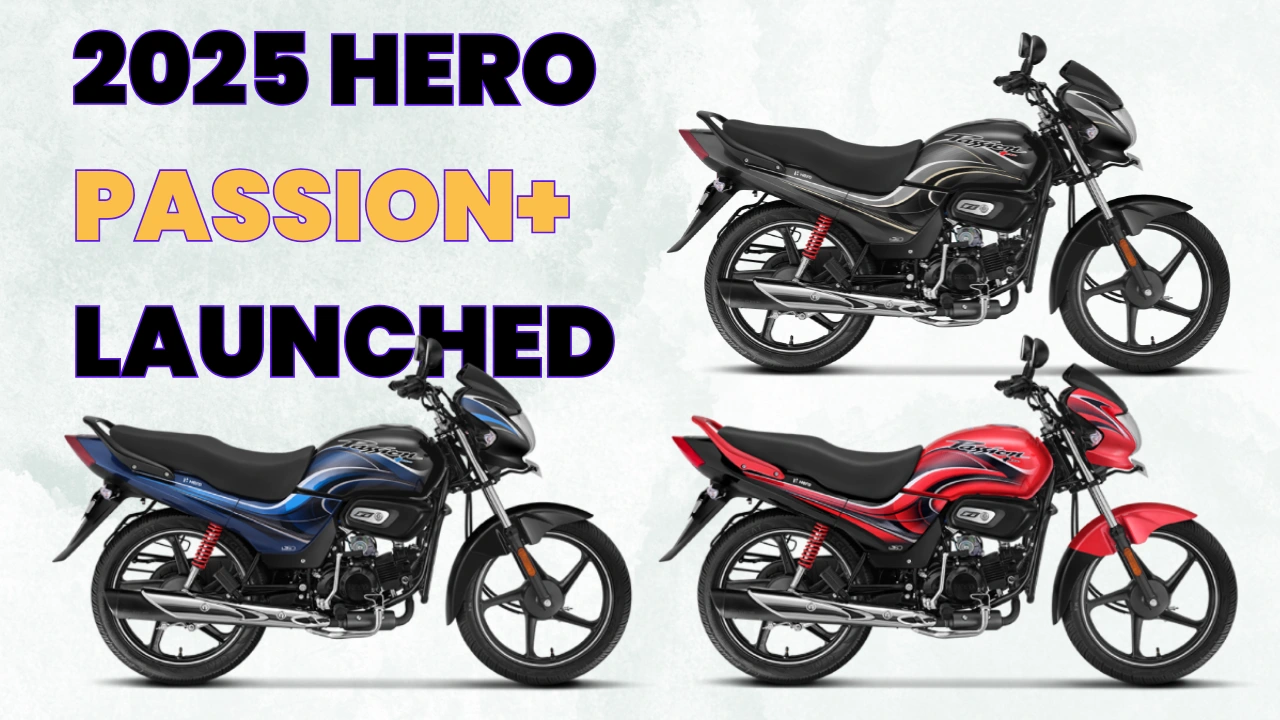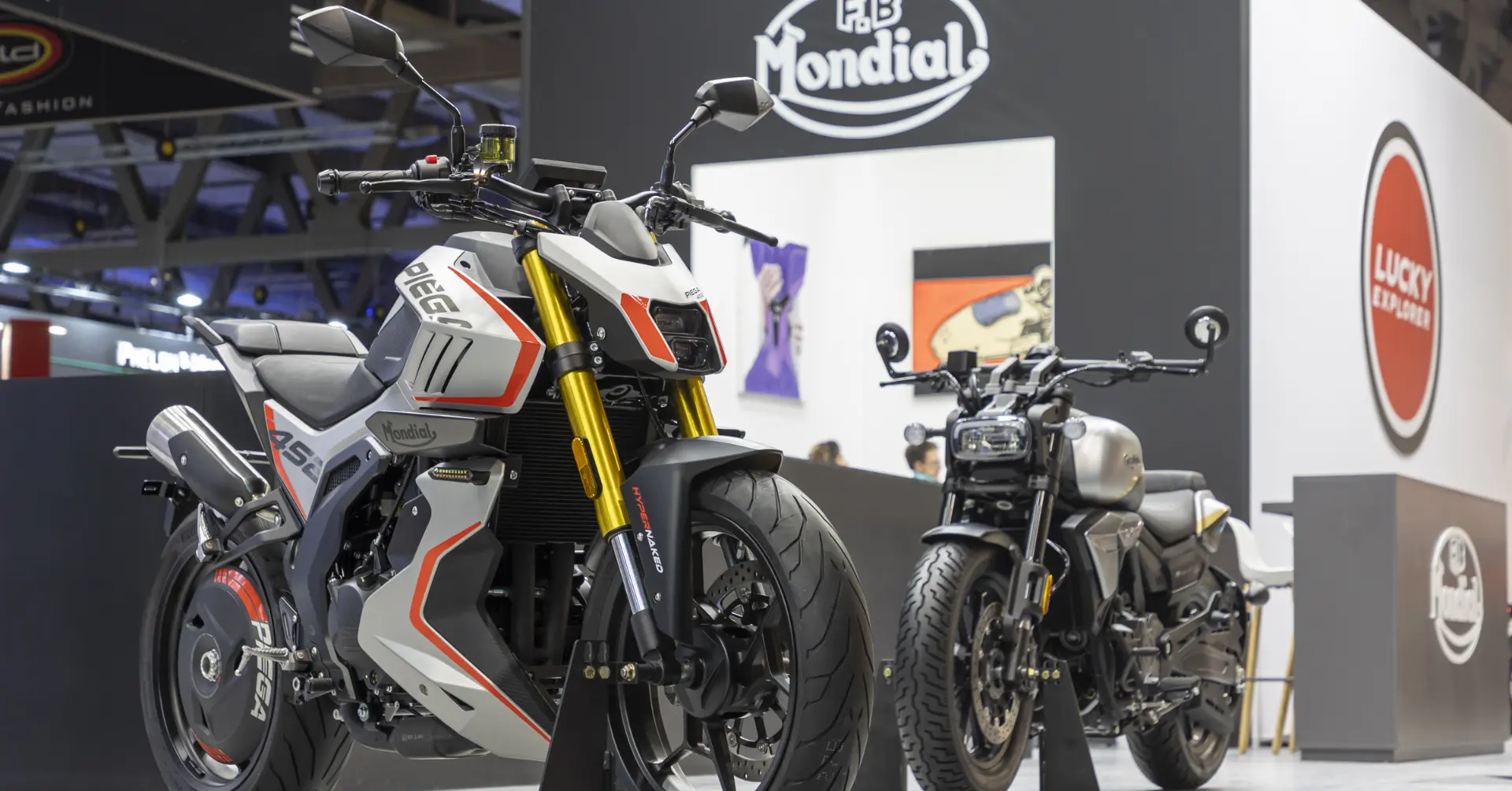Delhi EV Policy 2.0 Incoming: Will Petrol Two-Wheelers Be Banned?

Delhi continues to grapple with severe air pollution, and the government is stepping up with new strategies. The upcoming Delhi EV Policy 2.0 is set to drive a major push towards electric mobility, with big changes expected in the weeks ahead.
Possible Ban on Petrol Scooters and Motorcycles
One of the most attention-grabbing proposals is a possible ban on petrol-powered two-wheelers starting August 2026. This restriction may first apply only to commercial and fleet vehicles, while private users could be given more time to shift to EVs.
Other Key Proposals in Delhi EV Policy 2.0
The policy is expected to bring a range of new measures to encourage EV adoption:
- Every third private car purchase in a Delhi household might be required to be an EV.
- Registration of fossil fuel-powered three-wheelers could be stopped from August 2025.
- Only cleaner-fuel buses might be registered post-August 2025.
- All three-wheeler goods vehicles and light goods vehicles may need to go electric by 2026.
- Commercial taxis could get a slightly extended timeline for electrification.
- Private vehicles may be the last to switch, with a complete transition targeted by 2030-2035.
- Higher purchase incentives may be offered for EV two-wheelers, three-wheelers, and light commercial vehicles.
- Scrappage and retrofitting schemes could be expanded.
- Additional tax benefits might be introduced for EV buyers.
Charging Infrastructure Push
A strong EV policy can’t work without proper infrastructure. The government is expected to:
- Increase the number of public charging stations across the city.
- Mandate 20% EV parking space in new buildings.
- Ask older buildings to reserve 5% parking for EV charging.
- Support private charging and battery-swapping networks with incentives.
- Electrify the entire fleet used by state civic agencies by 2027.
Challenges That Lie Ahead
While the policy is ambitious, the road to EV transformation has hurdles:
- Lack of charging points, especially in older areas with tight parking.
- High upfront cost of EVs still discourages many budget buyers.
- Banning petrol two-wheelers for delivery and fleet use may hit small businesses hard.
- Battery sourcing and eco-friendly disposal remain a concern.
- Large investments are needed to electrify buses, taxis, and autos.
- Monitoring and enforcement will be critical.
- Public awareness and confidence in EV reliability must grow.
Final Thoughts
Delhi’s air needs cleaner vehicles, and EV Policy 2.0 could be a bold step in that direction. But the success of this policy depends on timely execution, robust infrastructure, and public support. If done right, this could change the way Delhi moves—and breathes.





